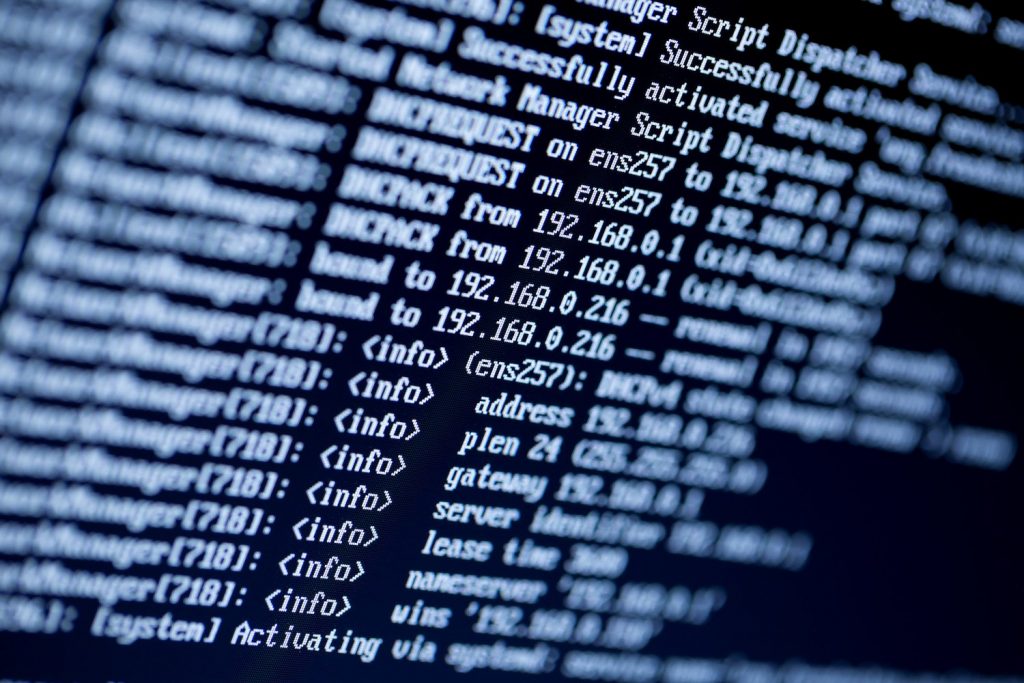The Massive List of Computer Forensics Certifications
1) Computer Hacking Forensic Investigator (CHFI) Certification
Computer hacking forensic investigation is the procedure of detecting hacking attacks and properly extracting evidence to report the crime and conduct audits in order to avoid future attacks.
Computer crime in today’s cyber world is increasing. Computer Investigation techniques are employed by police, government and corporate entities globally and a lot of of these turn to EC-Council for our Computer Hacking Forensic Investigator CHFI Certification Program.
Computer Security and Computer investigations are changing terms. More tools are invented daily for conducting Computer Investigations, be it computer crime, digital forensics, computer investigations, as well as standard information recovery. The tools and techniques covered in EC-Council’s CHFI program will prepare students to conduct computer investigations using groundbreaking digital forensics technologies.
Read: CHFI Certification: The way Can Open Doors and Boost Your Computer Forensics Career
https://www.edusum.com/blog/chfi-certification-how-it-can-open-doors-and-boost-your-computer-forensics-career
2) Certified Forensic Computer Examiner (CFCE) Certification
The Certified Forensic Computer Examiner (CFCE) certification program will depend on a series of core competencies in the field of computer/digital forensics. IACIS provides the CFCE certification program to prospective candidates which attain the CFCE certification. This system is made up of two phases:
Peer review phase - Candidates complete four scenario based problems guided with a forensic professional via a mentored process whereby candidates have the ability to submit reports or assessment documents after completing each practical exercise
Certification Phase - an impartial exercise wherein the candidate must develop a practical exercise and written final examination. Upon successful completion, the candidate will be awarded the Certified Forensic Computer Examiner (CFCE) certification.
3) Certified Computer Examiner (CCE) Certification
The CCE certification is rapidly expanding in dimensions and recognition. Now there are many companies and government agencies that require their forensic computer examiners to keep the CCE certification in order to obtain or maintain their position.

The intention of the Certified Computer Examiner (CCE)® certification is usually to:
Professionalize and additional the area and science laptop or computer forensics
Supply a fair, vendor neutral, uncompromised process for certifying the competency of forensic computer examiners
Certify computer forensic examiners solely depending on their knowledge and practical examination skills and abilities as they correspond with the concept of digital forensics.
Set high forensic and ethical standards for forensic computer examiners.
Provide a universally recognized, unblemished certification that can be found to all or any who can qualify, for any reasonable price.
Read: Best Computer Forensics Certifications
https://www.linkedin.com/pulse/best-computer-forensics-certifications-anindita-kumar/?published=t
4) Cyber Security Forensic Analyst (CSFA) Certification
Possessing the CyberSecurity Forensic Analyst (CSFA) certification is proof the analyst can conduct a comprehensive and sound forensic study of some type of computer system and also other digital/electronic devices, properly interpret the evidence, and communicate the examination results effectively and understandably.
The CSFA designation takes place exclusively with the most qualified digital forensic professionals and is a testament the holder has the skills necessary to carry out a comprehensive analysis in just a short time frame.
5) GCFA And GCF Certifications
GCFA Certification:
The GCFA certifies that candidates contain the knowledge, skills, and skill to conduct formal incident investigations and handle advanced incident handling scenarios, including external and internal data breach intrusions, advanced persistent threats, anti-forensic techniques used by attackers, and sophisticated digital forensic cases. The GCFA certification focuses on core skills necessary to collect and analyze data from Windows and Linux desktops.
GCF Certification:
To become certified, something needs to be tested against each of the Certification Criteria that have been defined for each and every technology and functionality incorporated inside product.
GCF Certification comprises:
? Conformance Testing: on network simulators,
? Field Trials: verifying device behaviour on live commercial networks
? Interoperability Testing (IOP): end-to-end functional checks.
Digital forensics is often a key component in Cyber Security. Many people hear the definition of forensics, or computer forensics, or digital forensics and instantly think, that’s just for police force, but the truth is, digital forensics has a key position on every cyber security team. In fact, without one, odds are your organization's Security posture and maturity will miss out on its full potential.
For more details about CHFI Certification website: visit site.
